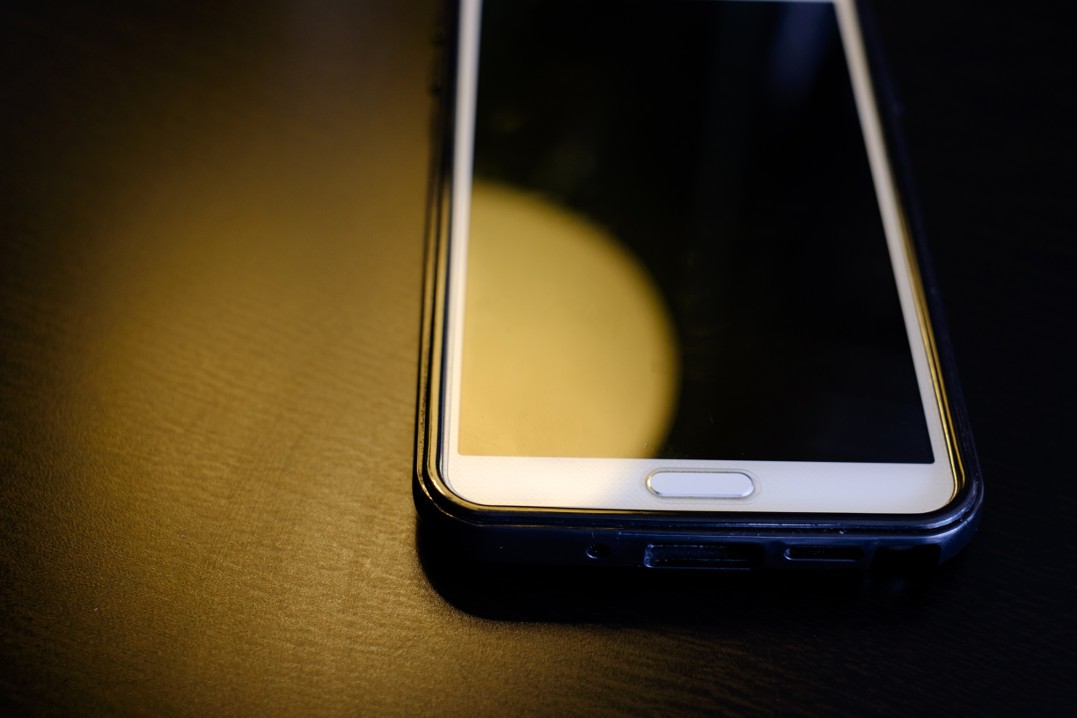GPS Signal Lost

“Turn left on Miraloma Avenue.” It wasn’t the synthesized voice of Google Maps, but that of a genuine human female.
Richard obeyed and turned left. He no longer questioned the GPS’s choices.
“In one point two miles, turn right onto North Kraemer Boulevard.”
According to his phone, he was only ten minutes away. Sweat popped from his forehead in tiny pearl sequins. He hoped he wouldn’t be late. No, he didn’t think so. That was the damndest thing. He was always right on time. Right on time to prevent a fire, to stop a crime, to save a life. Richard had no idea where the benevolent voice in his GPS had come from, only that whenever it manifested with vague destinations like “Flood,” “Robbery” or “Suicide,” it always pointed him to a dangerous event that was about to occur.
Once he’d determined it wasn’t just a sick prank being played on him by one of his techie friends, he’d ignored it, driven in the opposite direction from wherever it was trying to lead him. But then he’d watched buildings burn to the ground and people die on the news, and soon his conscience had gotten the better of him. Someone, somehow, had set him on a mission, and his heart wouldn’t allow him to abandon it.
“Turn right.”
Richard turned right. Seven minutes. He stepped on the gas.
He wasn’t typically so anxious. Maybe at first, but the GPS had never steered him wrong. It always delivered him right where he needed to be at just the right time. But today was different. Today, the destination printed at the bottom of the screen said “Wife.”
What was going to happen to Katy? God, they’d only been married three years and had a baby on the way. He had to reach her.
“GPS signal lost.”
What? Richard slammed on his brakes. A car behind him whaled on the horn and flashed its brights, but Richard didn’t move.
“What do you mean, GPS signal lost?” Richard shouted. He sat staring at the phone mounted to the dash, dumbfounded.
Silence. The phone’s display now displayed a red banner with the text, “Searching…”
Nonono! He had to get to Katy. Maybe if the area were more familiar, he might have guessed where the phone was trying to take him. But instead he’d been routed to a dingy, rundown quarter of Anaheim that he wasn’t at all familiar with. Why was she so far from home?
“Tell me,” Richard shouted. “Tell me where to find Katy!”
As if in reply, the phone repeated its previous statement: “GPS signal lost.”
The car behind him had swerved into the other lane, honking repeatedly until it was out of sight. Other cars were doing likewise, but Richard wasn’t paying attention. Instead, he yelled. Bucked. Screamed. Banged the steering wheel with balled fists. Threw the phone against the door.
“GPS signal lost.”
“No,” said Richard, weeping now. “No, tell me, goddamn you!”
He drove for more than an hour, frantic, almost hitting three other cars as he cut corners at over sixty miles per hour, scouring the streets for signs of his wife.
He’d just pulled over to the side of the road, desperate and lost, when his phone rang. The sound startled him and filled him with an unexpected terror. What did this mean? He reached for the device with hands that were now shaking and looked down at the display. He didn’t recognize the number.
Slowly, as if dreaming, he answered the call.
“Hello?”
“Hello, this is the Anaheim Police Department. Are you related to Katy Aimes?”
A stone sank in his stomach. In a dull voice, he answered, “Yes. I’m her husband.”
There was a sigh at the other end. “Mr. Aimes, I’m very sorry, but we have bad news about your wife.”
Enter your email address and click "Submit" to subscribe and receive The Sign.
